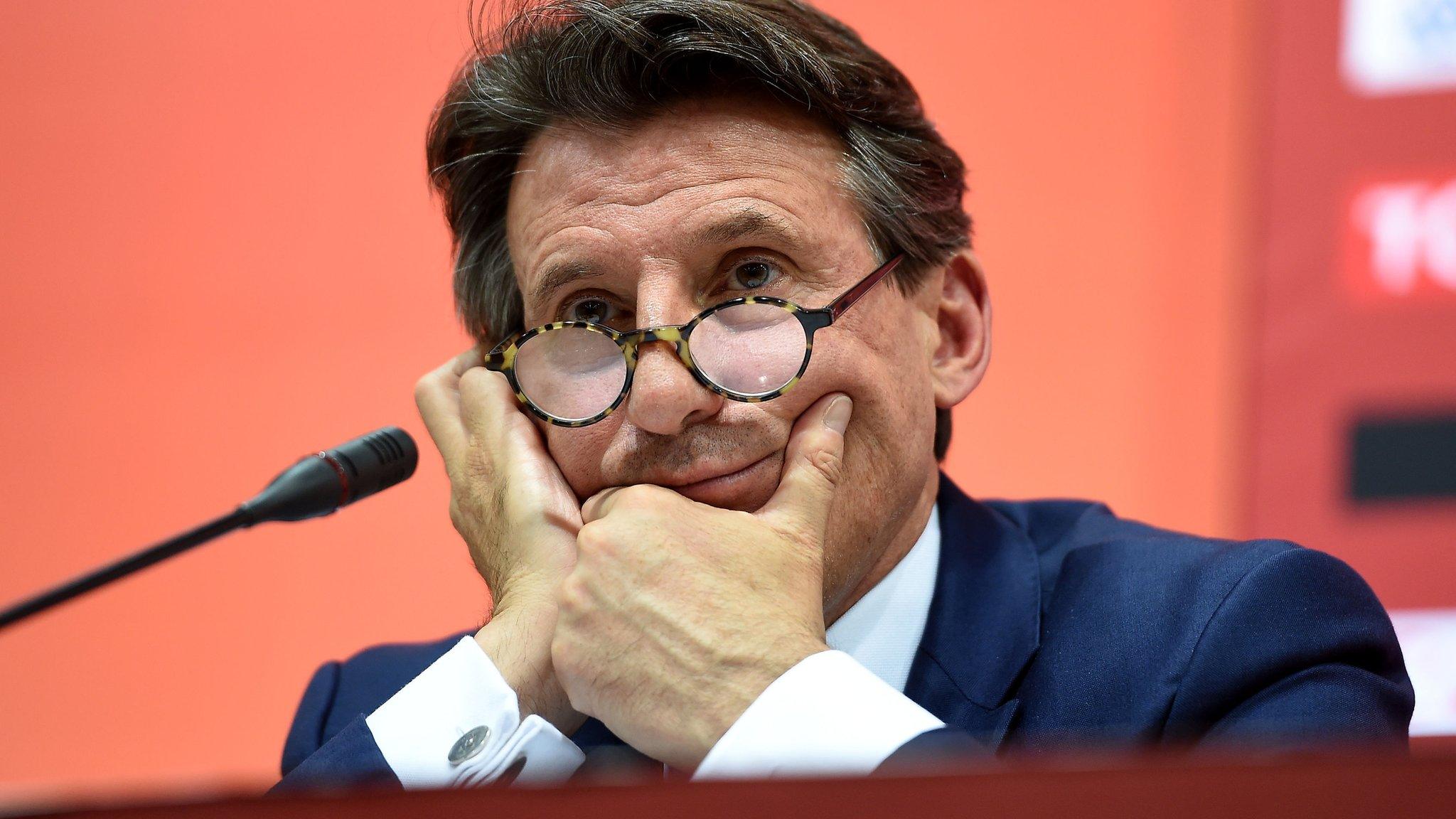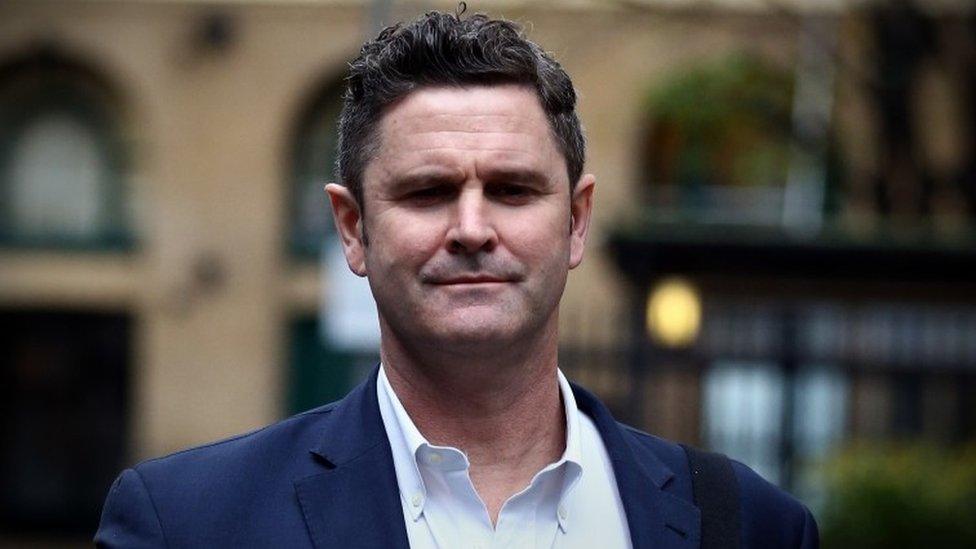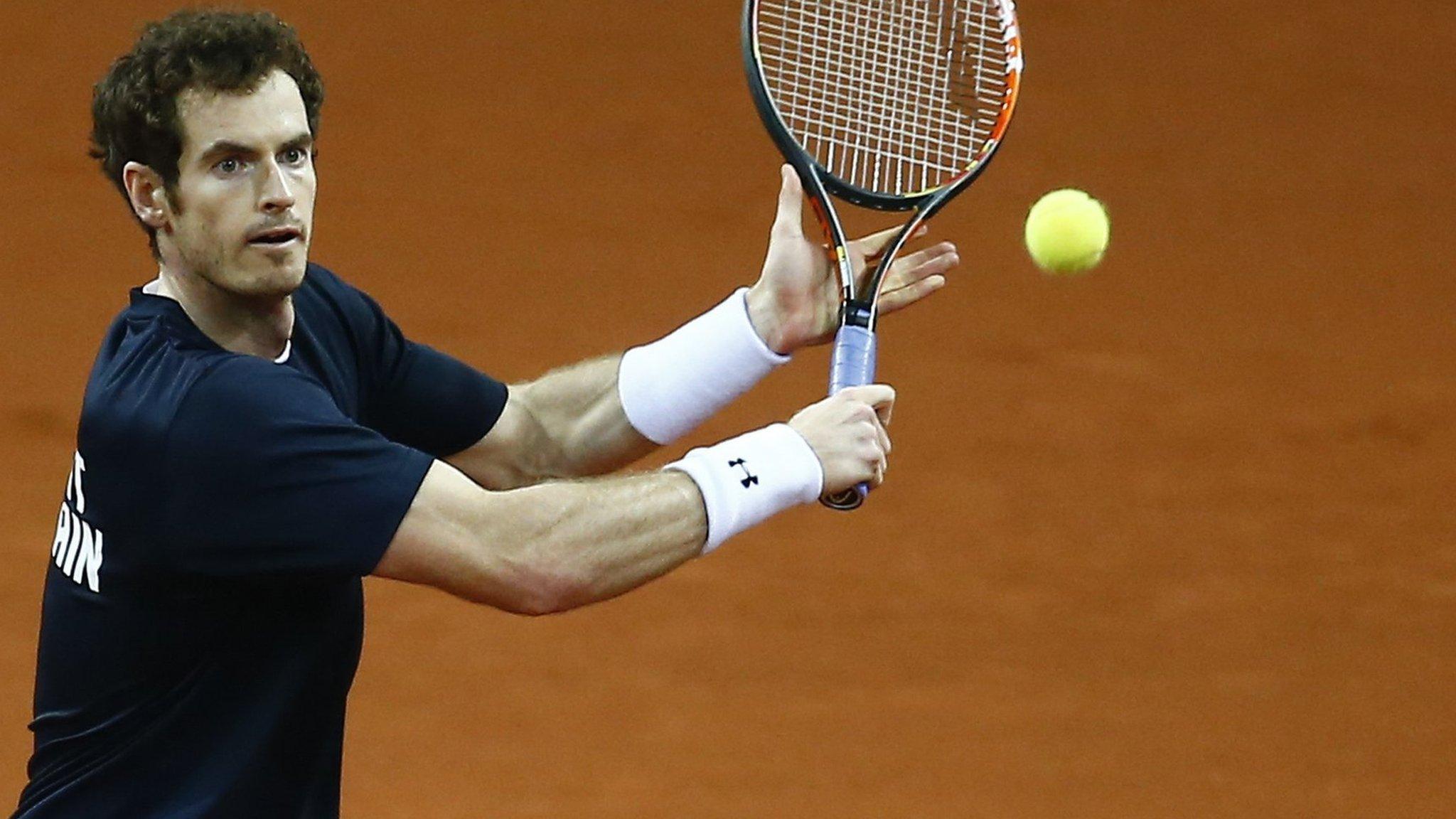UK Sport fears cuts will hurt Olympic medal prospects
- Published
Farah powers to Olympic gold
UK Sport's chairman Rod Carr says he is "concerned" at the prospect of huge cuts to the organisation's budget.
The Government unveils its comprehensive spending review on Wednesday, with the Department of Culture, Media and Sport (DCMS) among those facing budget cuts.
UK Sport, which funds elite athletes, gets about £45m annually from the DCMS.
"We've obviously done a bit of contingency planning," said Carr. "But we also live in the real world."
Carr said that although funding cuts would not impact much on the 2016 Rio Olympics,, external it would have an effect on future Games.
He said UK Sport had put its case to the Treasury and pointed out the value of winning medals.
Great Britain's improved medal haul since 1996 | ||||
|---|---|---|---|---|
Olympic Games | Gold | Silver | Bronze | Total |
Atlanta 1996 | 1 | 8 | 6 | 15 |
Sydney 2000 | 11 | 10 | 7 | 28 |
Athens 2004 | 9 | 9 | 12 | 30 |
Beijing 2008 | 19 | 13 | 15 | 47 |
London 2012 | 29 | 17 | 19 | 65 |
"We believe we provide heroes and heroines that enhance the mood of the nation," added Carr.
"Who can forget that magic Saturday in the middle of the London Games when we won those medals on the track?
"One of the outcomes of London 2012 is that we have an unsurpassed reputation for putting on world-class events.
"Gymnast after gymnast at the recent World Gymnastics Championships in Glasgow told me that it was the best ever.
"We can do that. I think our bids and the way we present those championships stand on their merits."
Carr also admitted UK Sport's "aspiration" of British athletes surpassing London's medal haul of 65 medals in Rio may not be reflected in its final target that it will announce before the Games, which open on 5 August.
"We have an aspirational goal to win more medals in Rio than any other country has done in the Games after they have hosted one," he said.
"That would be 66 medals at the Olympics, 121 at the Paralympics. That's a tough goal.
"Next June and July we'll be in a position to publicly give a medal range: a low level where we'd be disappointed and a high level where we would be very pleased."
Tim Hollingsworth, of the British Paralympic Association, said funding is the "underpinning force to our success".
"Sport, generally, is spectacular value for money when it is spent in the right way," added Hollingsworth.
"I see that as not only about the national pride engendered by British athletes winning on the world stage. More importantly, it's the impact of those athletes and what they say.
"Our Paralympians, in particular, can teach people as well as enjoying the sport.
"You can then get a situation where people will watch the Paralympics and then think differently about disability, challenge their perceptions.
"There are all kinds of societal benefits, we just need to show it."
- Published24 November 2015

- Attribution
- Published24 November 2015

- Published24 November 2015

- Published4 August 2015